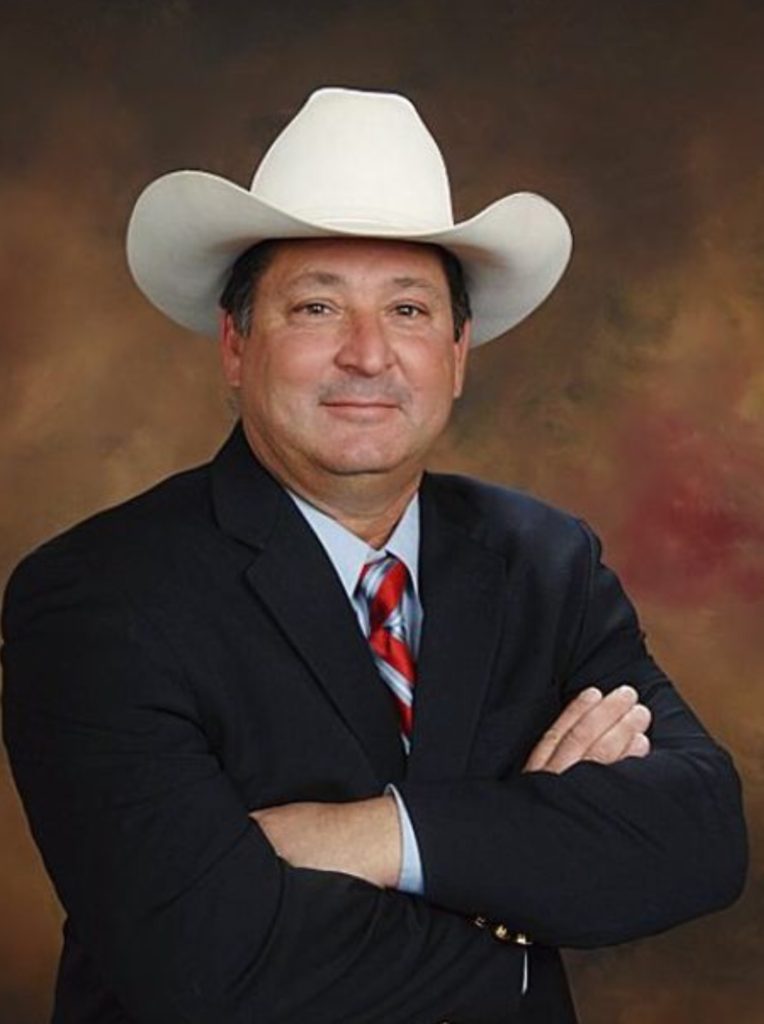Arizona has a history of devastating wildfires. The Wallow and Horseshoe 2 fires torched over a combined half million acres in this state less than ten short years ago. The Woodbury fire — which has burned almost 100,000 acres to date — has threatened homes and ranches in my district and near my home in Globe. The inaccessible terrain, combined with inadequate land management practices, illustrates the importance of managing our desert lands and ensuring we’re utilizing the right policies to prevent these catastrophic wildfires from occurring.

The desert ecosystem is complex. Perennial and annual grass seeds lay dormant for years waiting on the volume of moisture like we received this winter and spring. They’re ready to multiply and again produce their own seeds; the half shrubs and brush with deeper root systems have different protections in times of drought, dropping their leaves to protect the plants. If not used for managed grazing, the Arizona brush and grasses build up and become the fuel source for these catastrophic wildfires.
Using the recent Woodbury fire as an example, we can show that particular wilderness area has very few active grazing permits, and the fuel buildup needed just a small spark to result in such a sustained blaze. Essentially, it was only a matter time because of the lack of management and fuel reductions. Land must be managed, or Mother Nature will choose to manage it herself.
Over the past 20 years, some groups have fought to lock up vast areas of land and prevent management activities such as logging, grazing, mining, and overall motorized access. However, these efforts have led to increased fuel buildup and run counter to the intended goals of protection and conservation in these areas. Land management practices that enable fuel reduction are critically important to ensuring the health of our forest and wilderness areas, and preventing against the kinds of fires that have devastated our state in the past. When we manage our land in a responsible way, our rural communities and our state benefit. That means that we have the ability to make people’s lives better, instead of investing staggering sums of money and risking the safety of our first responders to put out preventable fires on our own land.
/s/ David Cook
Rancher and Representative LD8
